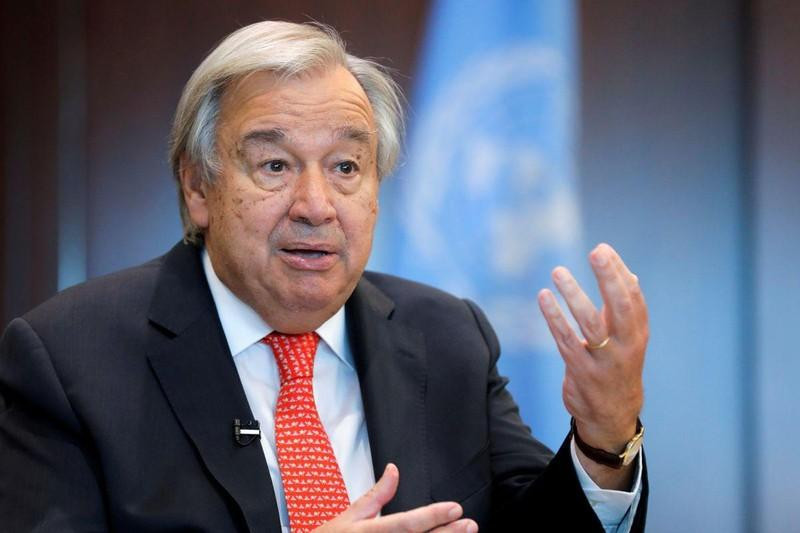The head of the largest multilateral organisation on the planet urged immediate action for people-centred solutions towards helping developing countries transition to clean energy, amid rising inequality and high food and energy prices, along with the risk of a global recession.
The COVID-19 pandemic and climate crises and conflicts have been causing severe impacts on the lives of the poorest. According to the UN, about 1.3 billion people, half of which are children and young people, around the world are living in poverty, food insecurity and precarious income. According to the World Bank (WB), the pandemic pushed an additional 143-163 million people around the world into poverty in 2021. The poverty rate increased by about 8.1% in 2020 compared to 2019.
Nearly 50% of people pushed into poverty gathered in South Asian countries and more than 30% live in sub-Saharan Africa. After studying data from 22 countries, the UN Children's Fund (UNICEF) has concluded that the effects of the conflict on economies pushed millions of children in Eastern Europe and Central Asia to fall into poverty. Children are the hardest hit by the economic crisis caused by the conflicts. The conflict and escalating inflation have pushed an additional 4 million children in Eastern Europe and Central Asia into poverty, up 19% from 2021. A poor household means they have to spend more from their income on food and fuel while cutting back on health care and children's education.
They do not enjoy the benefits of quality education or medical services. The increasing inequality and poverty have hindered social progress and become a major obstacle to the implementation of the UN’s Sustainable Development Goals. 2023 will be the year when the UN undertakes a mid-term review of the implementation of these goals. This will be an opportunity for governments to affirm their determination to implement the Sustainable Development Agenda until 2023 and commit to finding sustainable solutions to eradicate poverty, create employment opportunities for all, and build a more equal and compassionate society.
The theme of this year's International Day for the Eradication of Poverty is a message calling for the eradication of poverty in all forms. It is not only a priority goal of the UN’s Sustainable Development Goals but also an essential element for building a sustainable life and well-being and upholding dignity for all. To express the sharing of difficulties and joint efforts to help millions of people who are struggling to maintain their daily lives, the UN called on the world to work together to reach the goal of poverty eradication.
In the process of realising this goal, it is crucial to promote close cooperation between governments, international organisations and people, to address urgent problems while ensuring food security sustainable livelihoods and social justice.
















